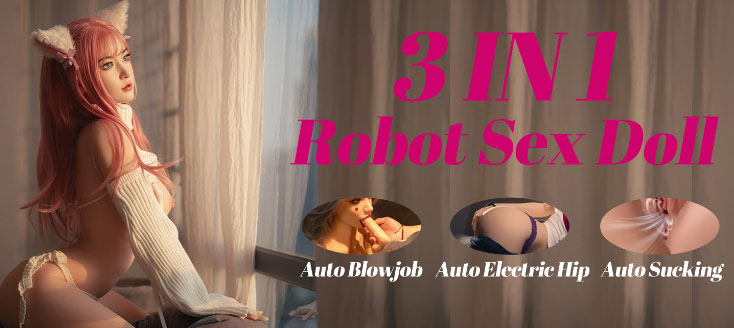How do users feel about government regulations on the importation of sex dolls in certain countries?
The attitudes towards government regulations on the importation of sex dolls vary significantly across different regions and communities, influenced by cultural norms, legal frameworks, and personal beliefs. Here’s a detailed exploration of how users feel about these regulations:
1. Cultural Sensitivity and Acceptance
- Cultural Norms: In many countries, the perception of sex dolls is heavily influenced by cultural attitudes towards sexuality. In cultures that are more conservative, there can be significant stigma attached to owning or using sex dolls, leading to support for stringent regulations. Users in these regions may feel that government regulations help uphold societal values and protect public morality.
- Progressive Attitudes: In contrast, in more liberal or open-minded cultures, users often view sex dolls as a form of personal expression or sexual freedom. In these areas, government regulations can be seen as unnecessary interference in individual rights. People may feel that regulations restrict personal choices and freedoms regarding their sexual health and well-being.
2. Public Safety and Welfare Concerns
- Protection Against Exploitation: Many users support regulations that aim to prevent the importation of sex dolls that could be associated with illegal activities, such as child-like dolls or those that may perpetuate exploitation. These users often argue that regulations are necessary to protect vulnerable populations and ensure that sex dolls do not contribute to harmful societal behaviors.
- Quality and Safety Standards: Users may appreciate regulations that enforce quality and safety standards for sex dolls, ensuring that the products available in the market are safe for use. Concerns about materials, hygiene, and manufacturing practices can lead to support for regulations that mandate safety checks.
3. Market Accessibility and Availability
- Limited Options: Users in countries with strict import regulations may feel frustrated by limited access to a variety of sex dolls. This frustration can stem from the perception that regulations restrict consumer choice and access to high-quality products, leading to a lack of options in the market.
- Black Market Concerns: There is a concern among some users that stringent regulations may lead to a black market for sex dolls, where products may not meet safety standards or could be associated with illegal activities. This perception can lead to calls for more reasonable regulations that balance safety with accessibility.
4. Personal Freedom and Autonomy
- Individual Rights: Many users feel strongly about personal autonomy, arguing that individuals should have the right to choose what they purchase and use in their private lives without government interference. This viewpoint is often rooted in beliefs about personal freedoms and bodily autonomy.
- Resistance to Overreach: Some users express concern that government regulations on sex dolls represent an overreach into personal lives. They argue that individuals should be trusted to make their own choices regarding sexual products, and that government involvement can infringe on personal liberties.
5. Legal Consistency and Clarity
- Confusion Over Regulations: Users often express frustration with the inconsistency and ambiguity of regulations regarding the importation of sex dolls. In some regions, laws can be unclear or contradictory, leading to confusion about what is legal and what is not. This lack of clarity can discourage potential buyers from making informed decisions.
- Desire for Clear Guidelines: There is a call for clearer and more consistent regulations that can help users understand what to expect regarding the importation of sex dolls. Many feel that transparency in the legal framework would not only protect consumers but also enhance the overall industry.
6. Sex Education and Awareness
- Promotion of Healthy Attitudes: Some users believe that reasonable regulations can promote healthier attitudes towards sexuality and sex education. By framing sex dolls as tools for personal exploration rather than shameful objects, regulations could help shift societal views toward more positive conversations about sexuality.
- Opportunity for Dialogue: Users see government involvement as an opportunity for more public dialogue on sexuality, sexual health, and the role of sex dolls in society. This dialogue could help dispel misconceptions and reduce stigma surrounding sex dolls and their use.
Conclusion
Overall, users’ feelings about government regulations on the importation of sex dolls reflect a complex interplay of cultural beliefs, personal freedoms, public safety concerns, and market dynamics. While some support regulations aimed at protecting societal values and ensuring safety, others argue for the importance of personal choice and the need for clearer legal frameworks. The discussion around these regulations continues to evolve, highlighting the diverse attitudes toward sex dolls and their place in contemporary society.

